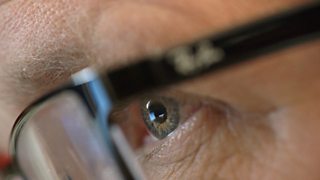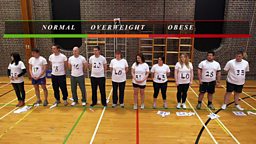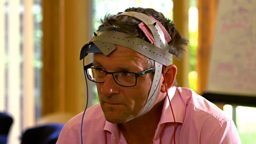Can staring at a computer screen make you shortsighted?
Before computer screens and mobile devices, the blame fell squarely on reading with the book too close to our eyes, or in the dark – there’s always been some reason to worry about ruining our eyesight.

Whether we are short or long sighted is determined by the length of our eyeballs compared to the thickness of our lenses. Too long an eyeball and you become short-sighted; too short an eyeball and you become long sighted. But once your eyeball has stopped growing then your eyesight is pretty much fixed for your early adult life, and it doesn’t make any difference at all whether you’re constantly looking at a screen, a book or reading in the dark – it won’t make you shortsighted. Even as a child, when your eyeballs are still growing, research has shown no effect of reading.
However, shortsightedness is more common in industrialised countries, and in children brought up in an urban environment. And recent research has suggested that for children, this could be down to a lack of sunlight. A study in Australia showed that children who spent more time outside in the sun tended to be less prone to short sightedness, and detailed research shows that bright light stimulates the release of the hormone dopamine in the retina at the back of the eye. It’s this hormone that slows down the growth of the eyeball. Not enough sunlight can mean that children don’t have enough dopamine and their eyeballs can grow a little too long, causing them to become shortsighted.
So, if the theory’s right, spending too much time on the computer could be bad for children’s eyesight only if it stops them going out in the sun.





































































